We were lucky to catch up with Jen Carter recently and have shared our conversation below.
Alright, Jen thanks for taking the time to share your stories and insights with us today. Looking back at internships and apprenticeships can be interesting, because there is so much variety in people’s experiences – and often those experiences inform our own leadership style. Do you have an interesting story from that stage of your career that you can share with us?
My first day of training to become a coach was the day I realized it was different than anything I had experienced before. I was in a room with about 40 other classmates who came from healthcare or wellness backgrounds. We thought that, in being coaches, we would use our expertise to give our clients great advice and recommendations. But on that first day we observed a coaching demonstration by our instructor and my eyes were opened to a new world. One of my biggest take aways from that demonstration was to “know that you don’t know”. I learned to understand that my neurological wiring, my experiences, and what works for me are completely different than what will work for my clients. In being a coach, my job is to guide my clients on their own journey, knowing that deep down they will know better than I will what works best for them.


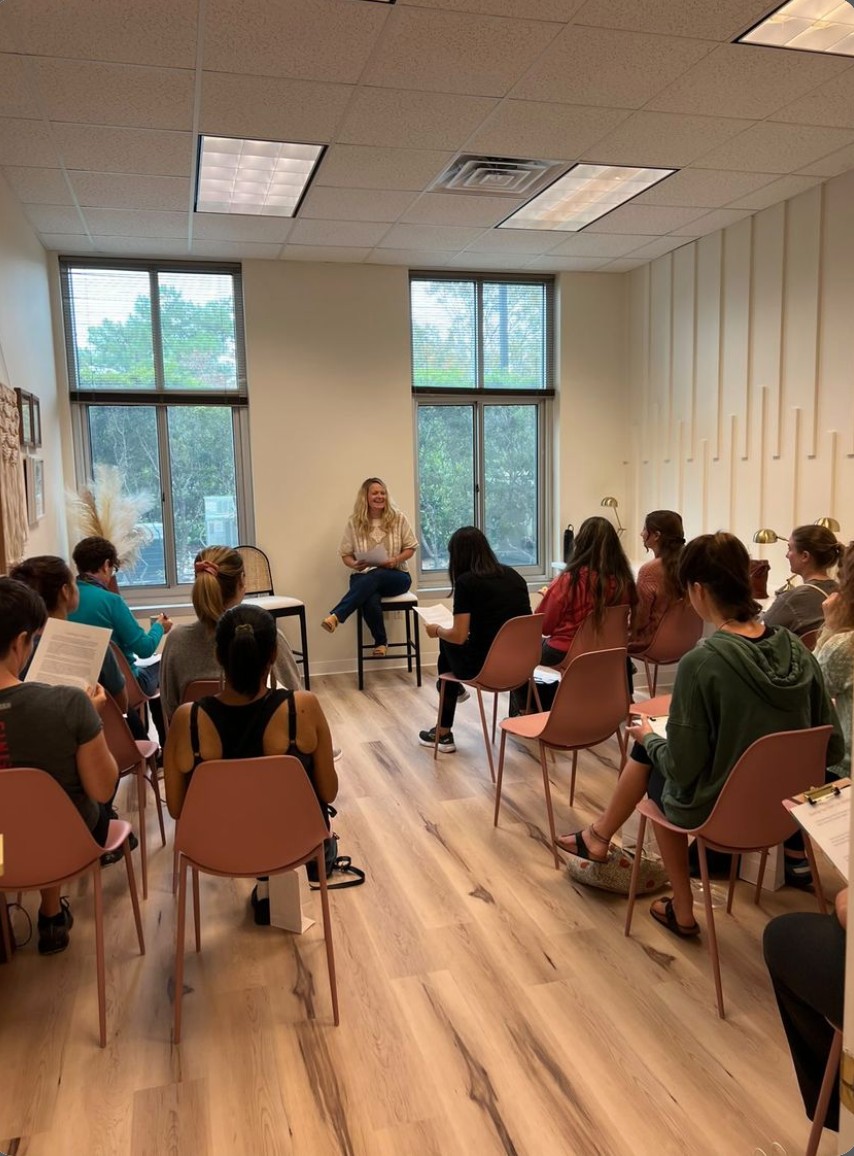
Jen , before we move on to more of these sorts of questions, can you take some time to bring our readers up to speed on you and what you do?
I never intended to be a coach. I was at a place where I was truly lost. I didn’t know who I was or what I had to offer the world. I had a great life to the outside world, but inside I felt terrible. As a former pediatric physical therapist, I was well entrenched in the medical model of healing, and thought my only options were to go to therapy or stay stuck where I was. I had done some great work with a therapist in the past, but knew at that point in my life therapy was not what I needed.
I started to feel better through practicing meditation and breath based yoga at Greenville Yoga, but I was still struggling. My neighbor suggested a Mindfulness Based Stress Reduction (MBSR) course through Duke Integrative Medicine. She sent me the link to the course, but instead of the MBSR course, the link she sent was for their Integrative Health Coaching (IHC) course. I had never heard of IHC’s, but when I read through the page so many things clicked into place. Integrative Health Coaching is based on the premise that all aspects of our lives (relationships, mindset, awareness, nutrition, movement, spirituality, personal interests, professional life, and environment) are interrelated. I had, in the past, considered going back for further training to become a mental health therapist, personal trainer, nutritionist, meditation instructor, or yoga instructor, but something always held me back.
In discovering the IHC course at Duke Integrative Medicine, I still wasn’t sure what it meant for me, all I knew was that there was a little voice inside of me saying, “You need to do this”. I went to training, not knowing I would ever become a coach. My intention in attending the training was truly to discover pieces of myself I was missing and to help me get to a better place in life. Unexpectedly, coaching others felt like a natural extension of all of my interests and who I truly was at my core.
I think what sets me apart is the way in which I coach. My gifts lie in my insight and my ability to notice patterns and make connections that are difficult for my clients to see on their own. My coaching helps clients truly understand and appreciate who they are, how they work, and how they can move beyond the thoughts, beliefs, and patterns that are holding them back. I always say I don’t do “band-aids” or quick fixes. I coach for sustainable impact and my goal is always to help my clients develop the ability to become their own coach, so they don’t need me anymore.
When I began coaching I worked solely one on one with women in mid-life. This was a comfortable fit for me, but as my coaching evolved I realized that my style of deep coaching fit with a broader audience. Now, 5 years in, I have coached both male and female clients in person locally and remotely throughout the globe from age 18-74 (thus far) based upon their fit with my coaching style.
This year I launched Women’s Empowerment group coaching, workshops, and retreats in addition to continuing to offer one on one coaching. I’ve been thrilled to partner with some incredibly talented and inspiring local small business women to offer pottery workshops and kayaking retreats in the Wilmington, NC area. These have been well loved and I’m excited to expand our offerings in the future.
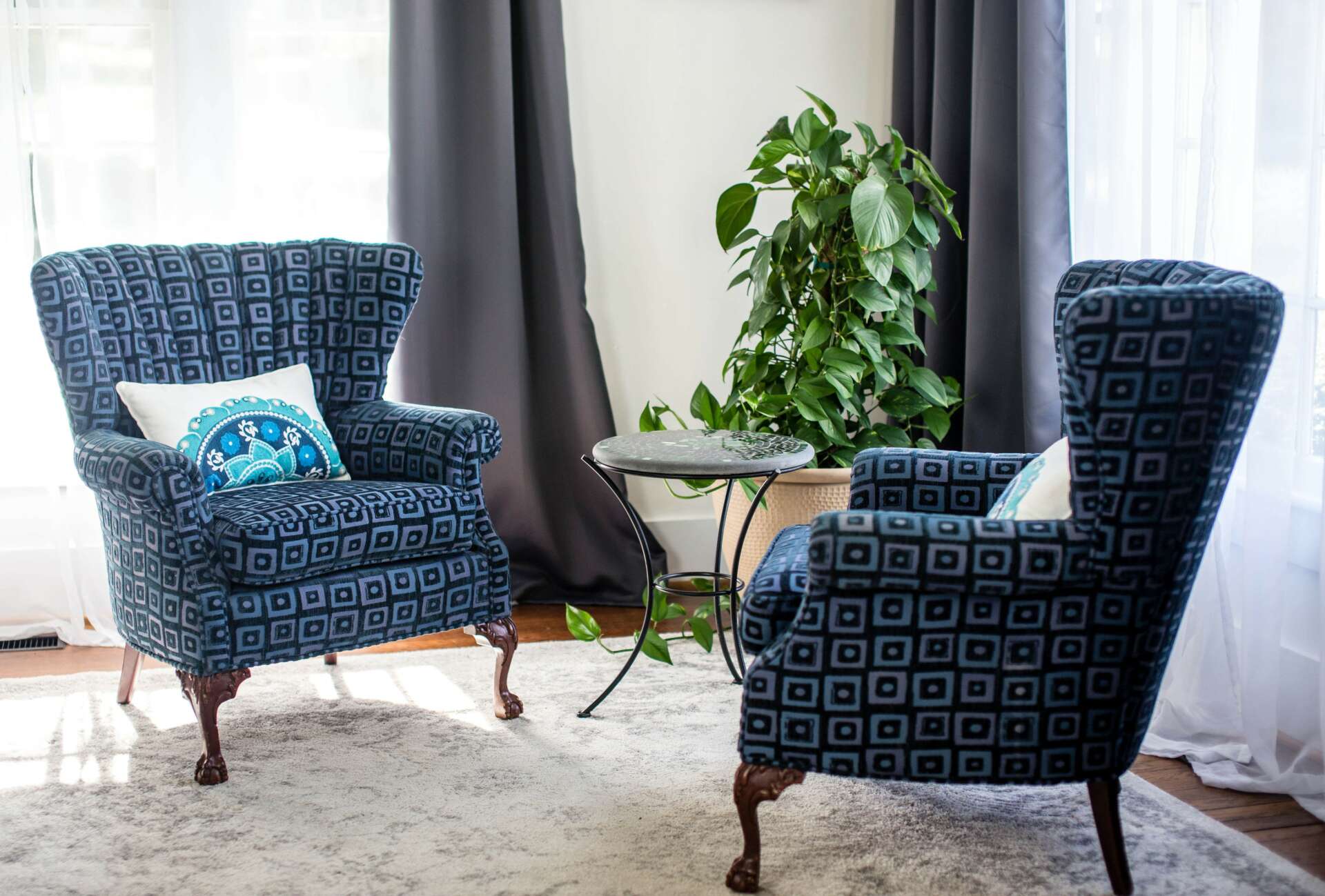
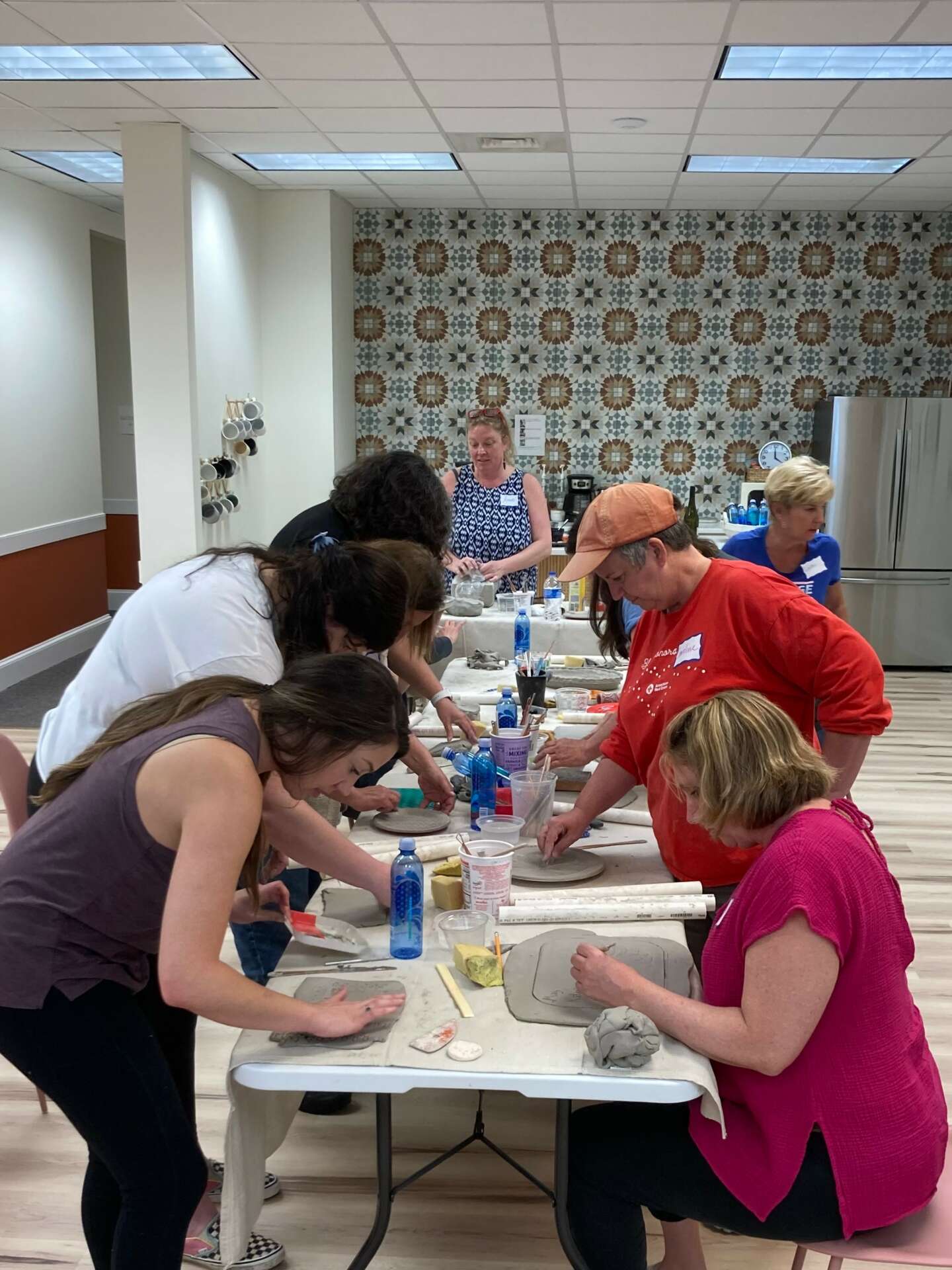
Any stories or insights that might help us understand how you’ve built such a strong reputation?
When I started my coaching business I was lucky enough to have my office in a beautiful, historic house in Greenville, SC that had been converted into a small office complex. Most of the handful of offices were providers in the wellness industry. These were well established, solo provider businesses that I admired as they provided high quality services to their clients and had excellent reputations within our community. In beginning my business I often looked to them for guidance. The best advice I ever received was to do my best work with every client who came my way, whether it was a paying client, a client I was bartering services with, or a free introductory session. Doing my best with every client became my motto and, I believe, is what helped me build my reputation as a caring, effective coach.
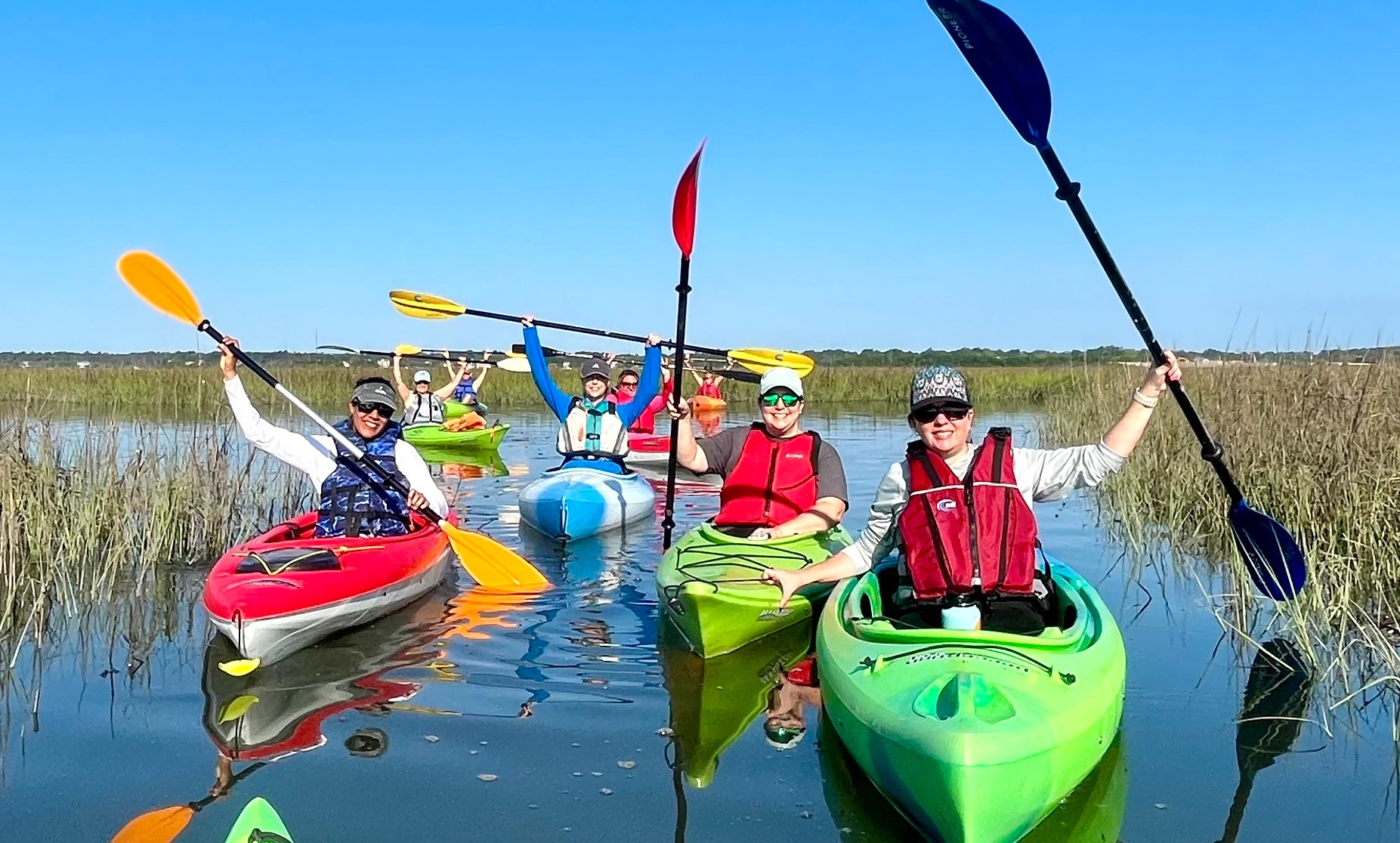
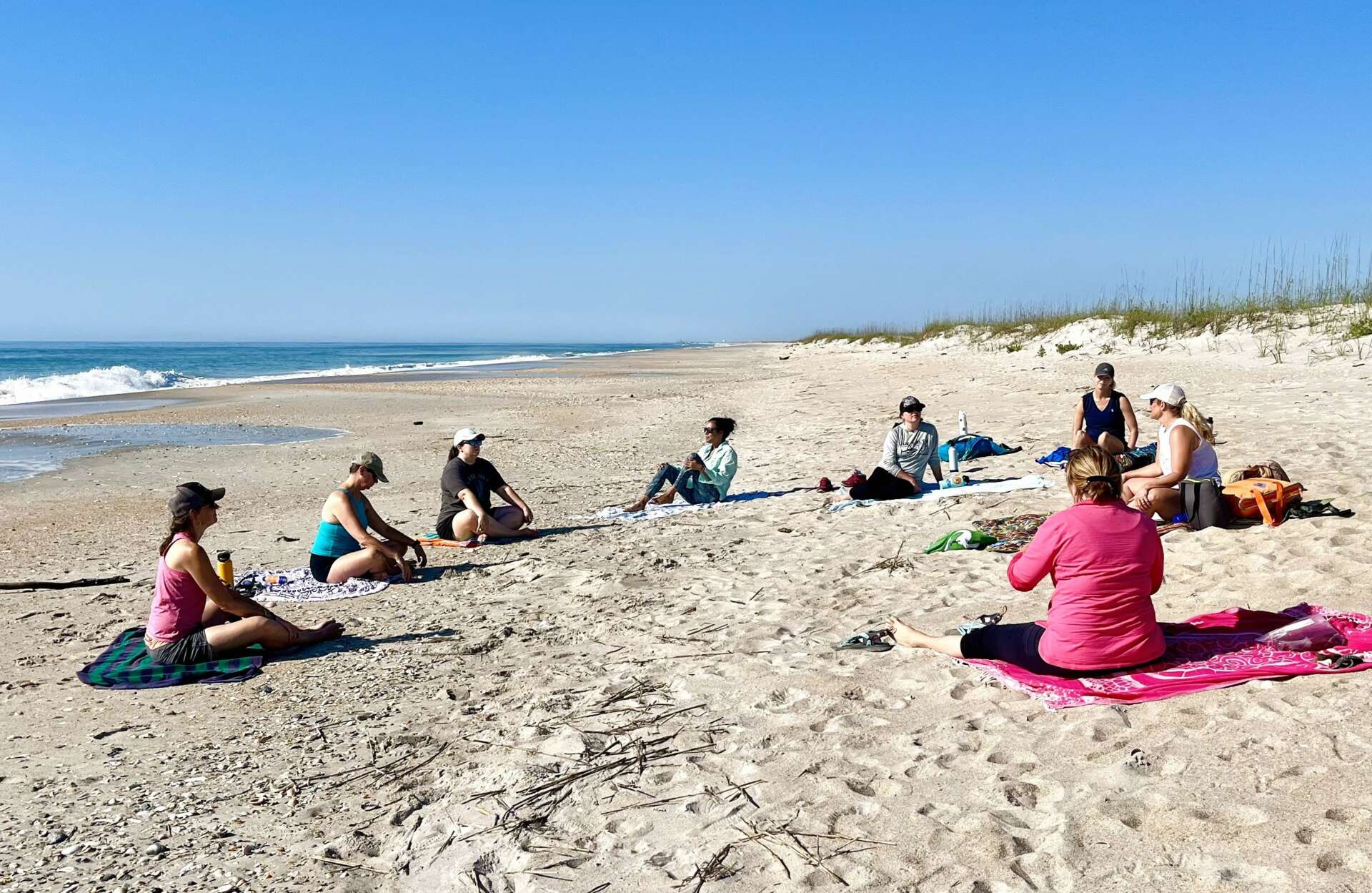
Training and knowledge matter of course, but beyond that what do you think matters most in terms of succeeding in your field?
I am often in the market for hiring coaches for myself, close friends, or family. As coaching is not a regulated field, I begin by looking for a person who has attended a high quality training program that is focused on building the skills of coaching and practicing coaching under the guidance of a professional coach mentor. I also look for someone who has learned and processed through their life experiences and continues to do so. As coaches, we need to show up for our clients without our own “stuff” getting in the way. Continuing to process through what we are experiencing and learning in life is key to coaches being the most effective for their clients.
Contact Info:
- Website: https://www.jencartercoaching.com/
- Instagram: https://www.instagram.com/jencartercoaching/
- Facebook: https://www.facebook.com/jencartercoaching/
- Linkedin: https://www.linkedin.com/in/jen-carter-coaching/


